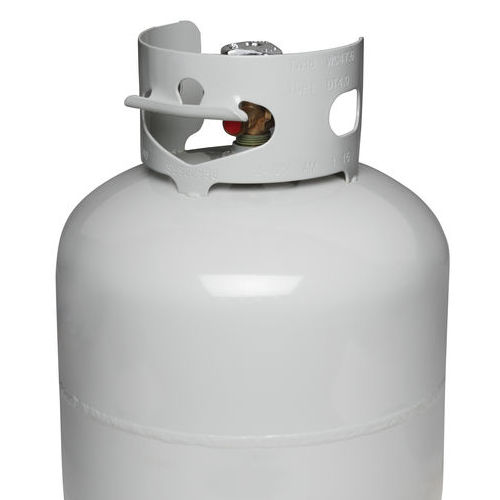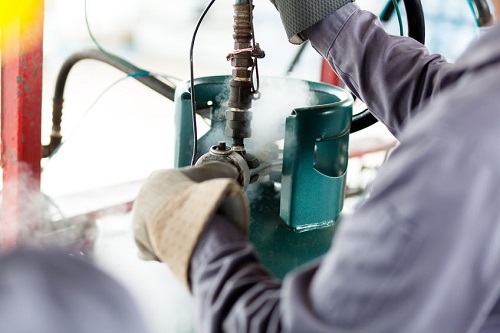
Can you put a propane tank underground?
While propane is a great fuel for your household, people may find it unappealing simply because they don’t want a large propane tank in their yard. Fortunately, you don’t have to worry about this issue if you want to install propane for your home. It’s easy and safe to install an underground propane tank. They have actually been safely installed underground for years. Typically, 500-gallon tanks are installed, though you can install tanks ranging in size from 120 gallons to 1,000 gallons for residential use. The primary thing you’ll need to install the tank is space. They have to be at least 10 feet from buildings, property lines or any potential ignition source like an air conditioner and should be no more than 100 feet from a driveway or access road so delivery trucks can refill the tank. If you are looking to install propane underground and want a reliable underground propane tank service in Granbury, TX, look to Heine Propane. Call us today at 817-341-7240 to get an estimate.
Is it better to bury a propane tank?
When you decide to use propane for household heating, you’ll have to decide between an above ground or underground propane tank. Both have their advantages and disadvantages, though underground tanks tend to have more advantages including aesthetic appeal. But, underground tanks are also generally safer as well in most situations. They are, for instance, better able to handle extreme temperatures, especially freezing temperatures. That’s because they have a natural earth barrier around to protect them from the elements.
Moreover, if a leak occurs the underground tank is better off, and the gas is more likely to be absorbed into the ground. Propane won’t harm your water or the environment if there is a leak. Flooding, however, can pose a problem for underground tanks. While professionals secure underground tanks as well as they can, if an area is prone to flooding, you might consider an above ground tank. Underground tanks can float or shift if water rises above the tank’s propane level.
Are underground propane tanks safe?
Whether you have an above ground or underground propane tank, you’ll have a very safe unit, although, except in the case of flooding, underground tanks are normally safer than aboveground tanks. Even in the event of a leak—which is very rare for propane tanks—the gas will be absorbed by the soil without harming it or the environment around it. A leak also won’t harm any water sources. When it comes to safety, you might wonder: “Can underground propane tanks explode?” The simple answer is, “No.” Above or below ground, propane tanks will not explode or implode. And it takes a lot of effort to cause them to rupture. Ruptures tend to be caused by human error.
How to find an underground propane leak
While it’s rare for an underground tank to leak, underground lines might leak. Finding an underground propane leak can be fairly easy.
- Use your nose: Propane and natural gas are odorless, so chemicals like mercaptan are added specifically so you can smell leaks.
- Look for flies: Flies mistake the odor for rotting food so often buzz around the area where the leak is originating.
- Look for bubbles in wet ground: When the ground is wet near gas leaks, you may see the water bubbling.
How deep does a LP gas line need to be buried?
When installing an underground propane tank, gas lines will also need to be installed. The line should ideally be buried 12 to 18 inches underground. This will protect the line from any damage, especially from any vehicular traffic. Lines that are above ground or buried inadequately are more likely to get damaged and leak.
How long will an underground propane tank last?
Propane tanks are built to last. They are sturdy pieces of equipment and can last 30 or 40 years, as long as they are treated to resist rust and corrosion.
Can an underground propane tank be moved?
Underground propane tanks can be moved if needed. You just have to make sure they are spaced properly away from buildings, property lines, and sources of ignition. A 500-gallon tank, for instance, must be at least 10 feet from buildings, while a 1,000-gallon tank has to be at minimum 25 feet from a structure. You also have to make sure the lines can be extended to where you are planning to relocate the tank.

When to refill underground propane tank
Most underground propane tanks are only filled to about 80% to 85% capacity so there is enough space in the tank to allow the liquid propane to evaporate and create a pocket of gas ready to use. You can actually let your tank get as low as 20% before refilling it. Anytime you need to refill your underground propane in Granbury, TX, rely on the professionals at Heine Propane. For prompt service call 817-341-7240.



















